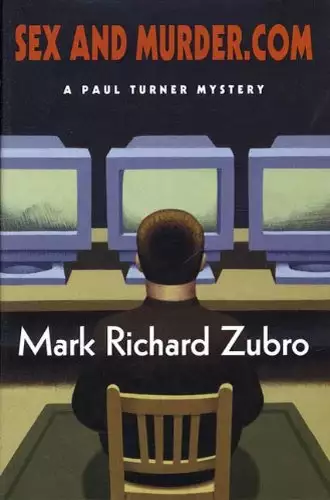Sex and Murder.com
We hope you are enjoying the book so far. To continue reading...
Sex and Murder.com
Mark Richard Zubro
Copyright © 2026 All Rights Reserved
Close
